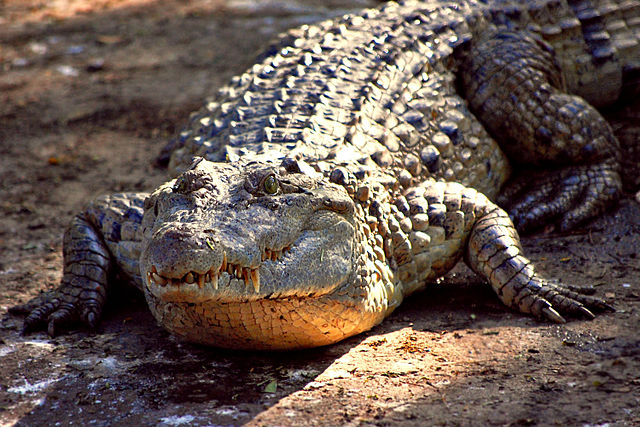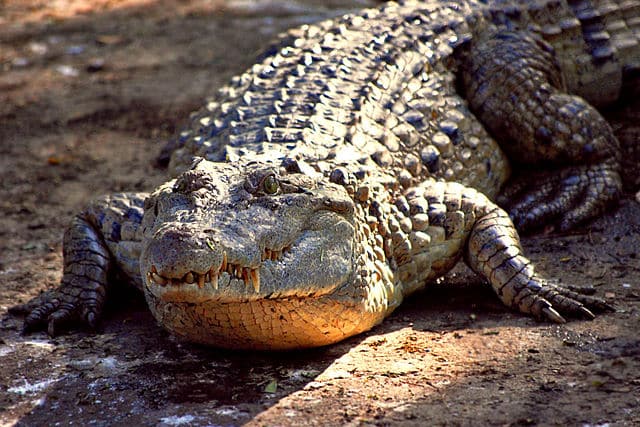It is estimated that there are less than 100 Philippine crocodiles left in the wild.
Zookeepers in Switzerland shot and killed a Philippine crocodile (Crocodylus mindorensis) after the reptile had bitten and latched onto the hand of one of its keepers during a routine enclosure cleaning.

gregg Yan
It is estimated that there are less than 100 Philippine crocodiles left in the wild.
The crocodile, about five feet in length and weighing about 15 kilograms, was a male. The keeper tried to move the animal out of the enclosure when it clamped down on the keeper’s hand. Zoo staff decided to kill the reptile in order to save the woman’s hand, according to news reports.
It was the first time an animal at the Zurich Zoo had to be killed due to aggressive behavior in Zoo Director Alex Rübel’s 30 years at the zoo.
Two Philippine Crocodiles Added To Phoenix Herpetological Society Breeding Program
Crocodile Conservationist Receives Whitley Award
There are an estimated 100 adult Philippine crocodiles left in the island nation and they can be found almost exclusively in freshwater habitats. Breeding programs for the species have been successful. The Philippine crocodile is smaller than the better known saltwater crocodile (Crocodylus porosus) that can be found in the southern Philippines. Crocodylus mindorensis has declined as a result of hunting and human activity. They have a broad snout and can be found in still or slow-moving bodies of water. Both males and females guard the eggs, which is unique among crocodiles as it is usually the female that guards the eggs in other croc species. They feed on fish, reptiles, small mammals and water birds and have a life expectancy of about 70 to 80 years years.


